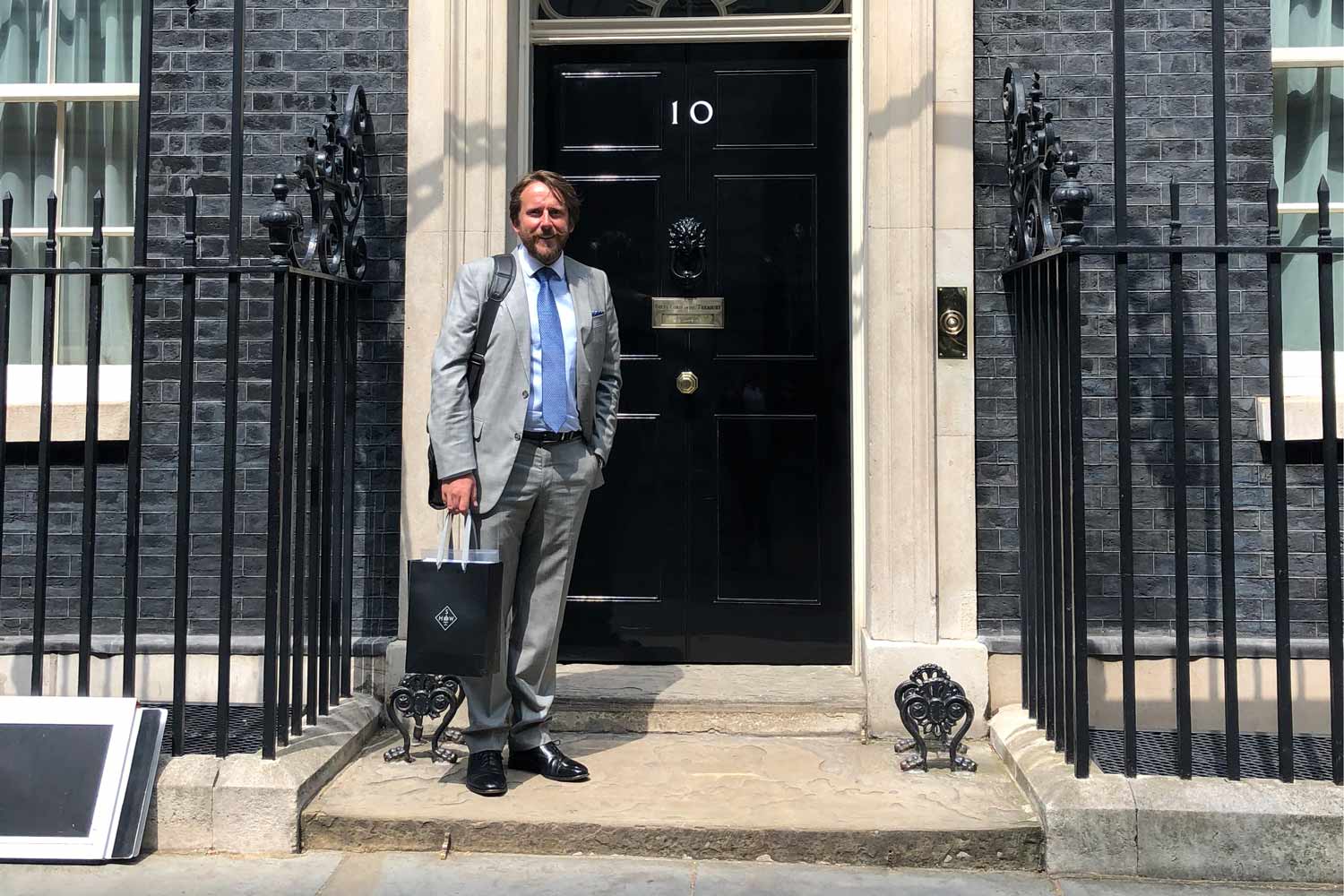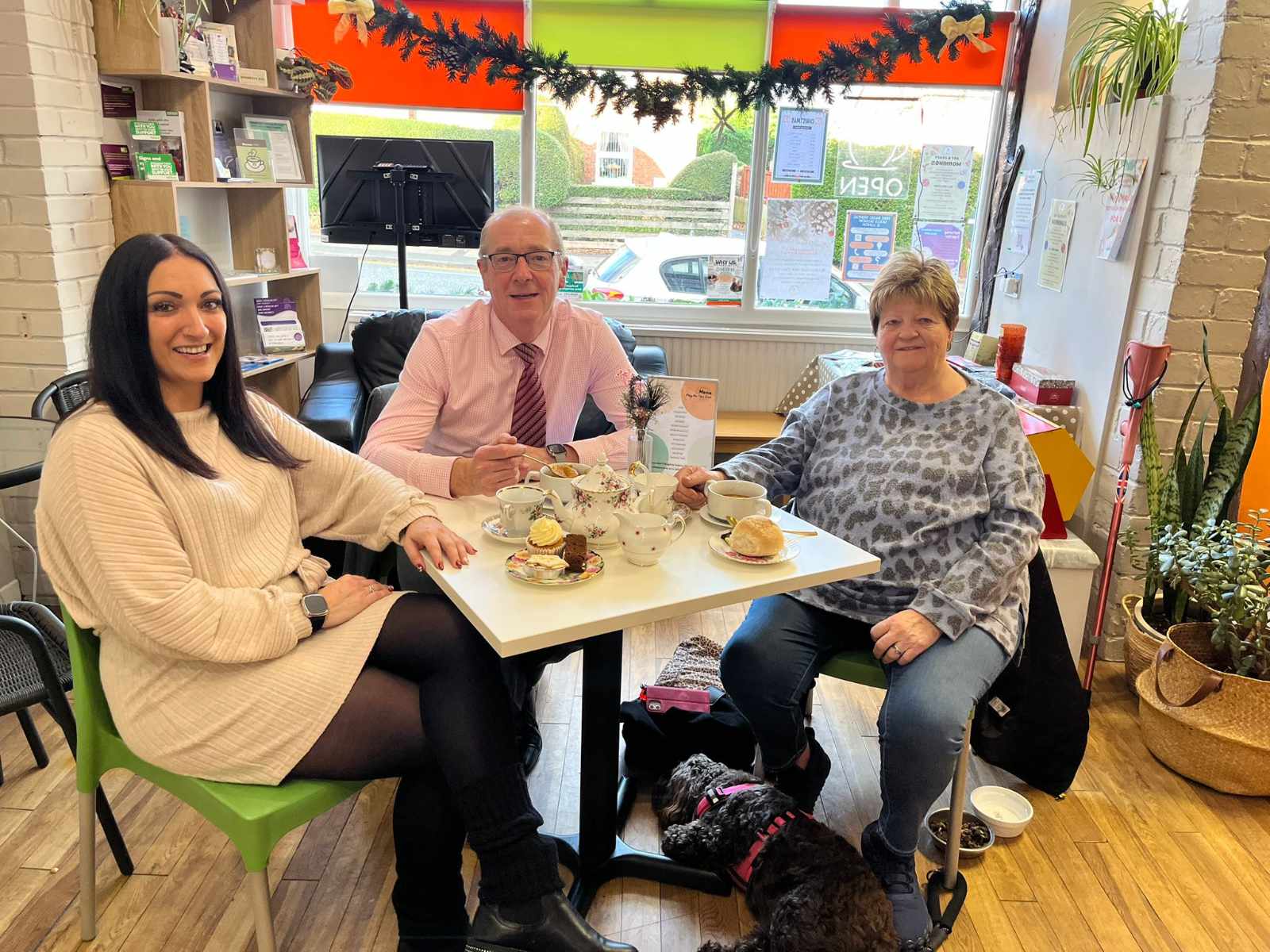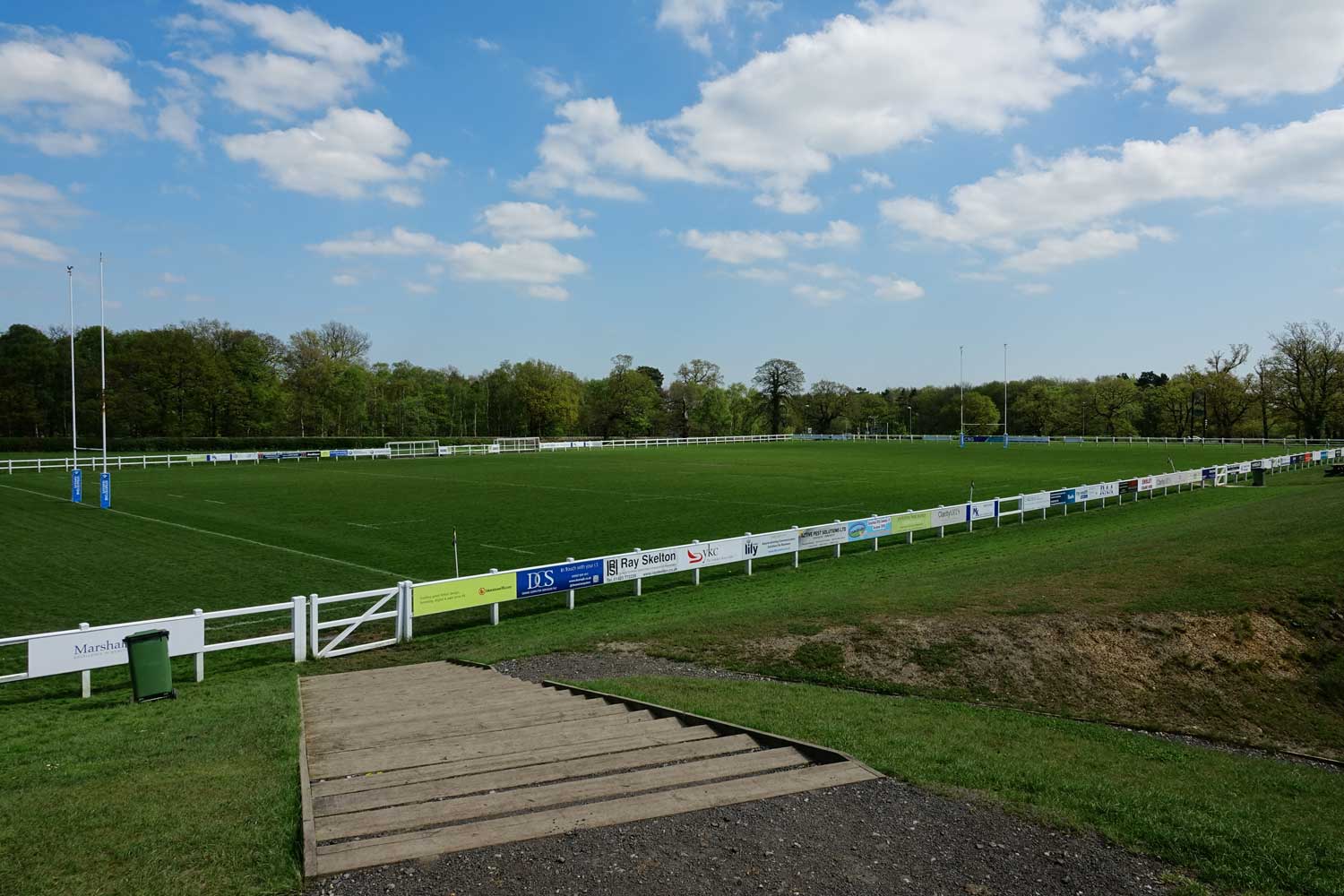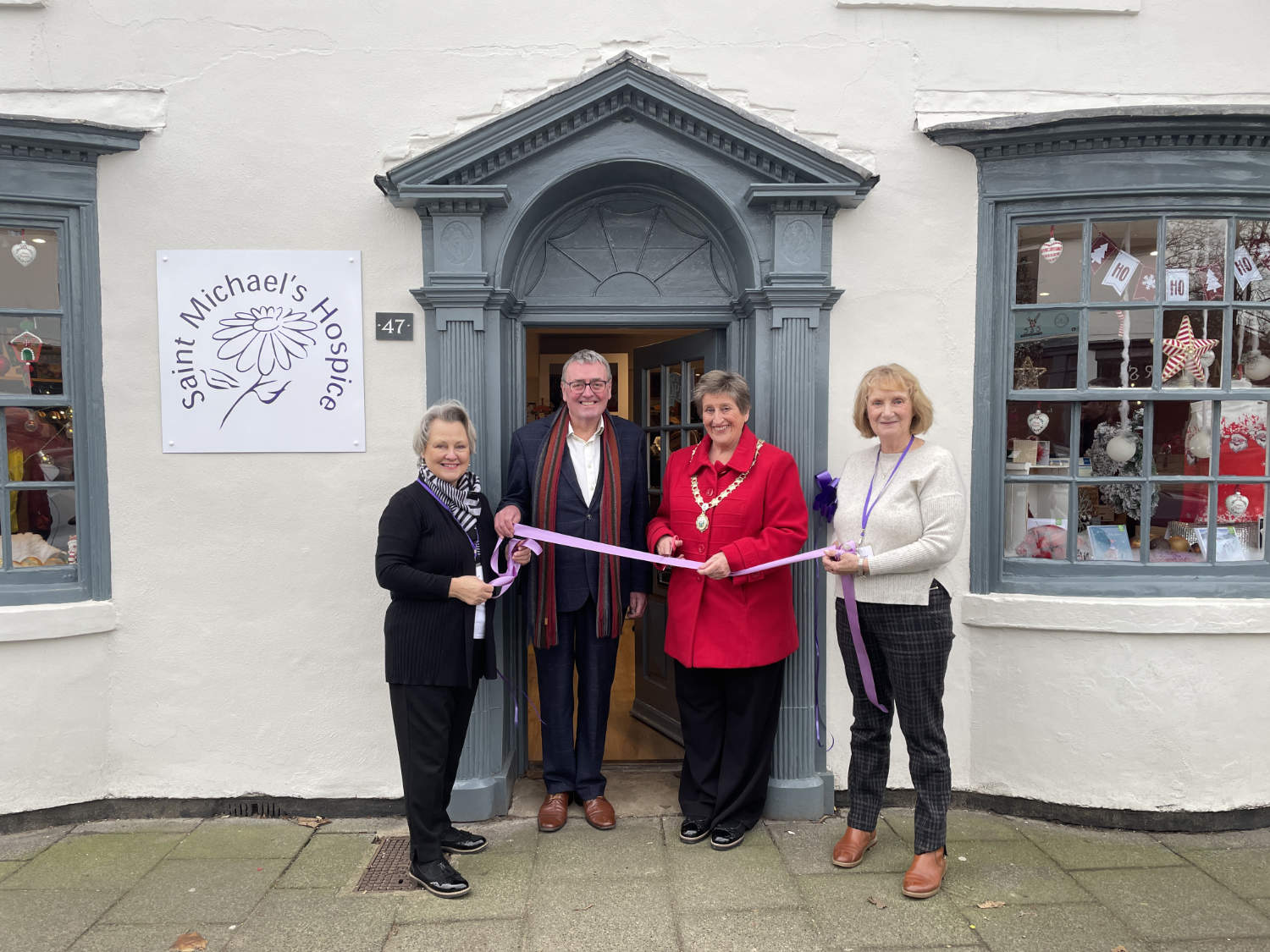Harrogate Water has taken the case for recyclable plastic bottles to 10 Downing Street and warned of the unintended health consequences of demonising bottled water as ‘single use’.
The company says it has intervened in the debate at the highest level to add balance and context to what it believes has become a one-sided argument against all plastic, including PET bottles which are easily recyclable, can be made efficiently from recyclable material and are proven to be one of the most environmentally friendly packaging solutions available.
Chief executive James Cain said:
Images of plastic pollution on our beaches and in our oceans are heart-breaking and no one can see them and remain unmoved. Longer term solutions must be investigated but recycling is the here-and-now solution that can help turn the tide on littering without turning back the clock on healthy beverage switching or the good jobs and careers provided by the bottled water industry up and down the country.
Sales of bottled water overtook those of cola for the first time in 2017, demonstrating a trend towards switching to healthy drinking by consumers. The company is concerned that if consumers are dissuaded from buying bottled water, they will migrate back to bottled fizzy drinks and juices which contribute to high levels of obesity, diabetes and tooth decay.
Harrogate Spring is the UK’s oldest bottled water brand. Every bottle is 100 per cent recyclable and made using over 50 per cent recycled content (rPET). This is the highest level of rPET of any bottled water producer. The company is a partner of Keep Britain Tidy and is behind the Incredible Shrinking Bottle recycling campaign, encouraging consumers to ‘twist it, cap it, recycle it’.
The chief executive welcomed the opportunity to visit 10 Downing Street where he met with Sir John Randall, special adviser on the environment to Prime Minister Theresa May.
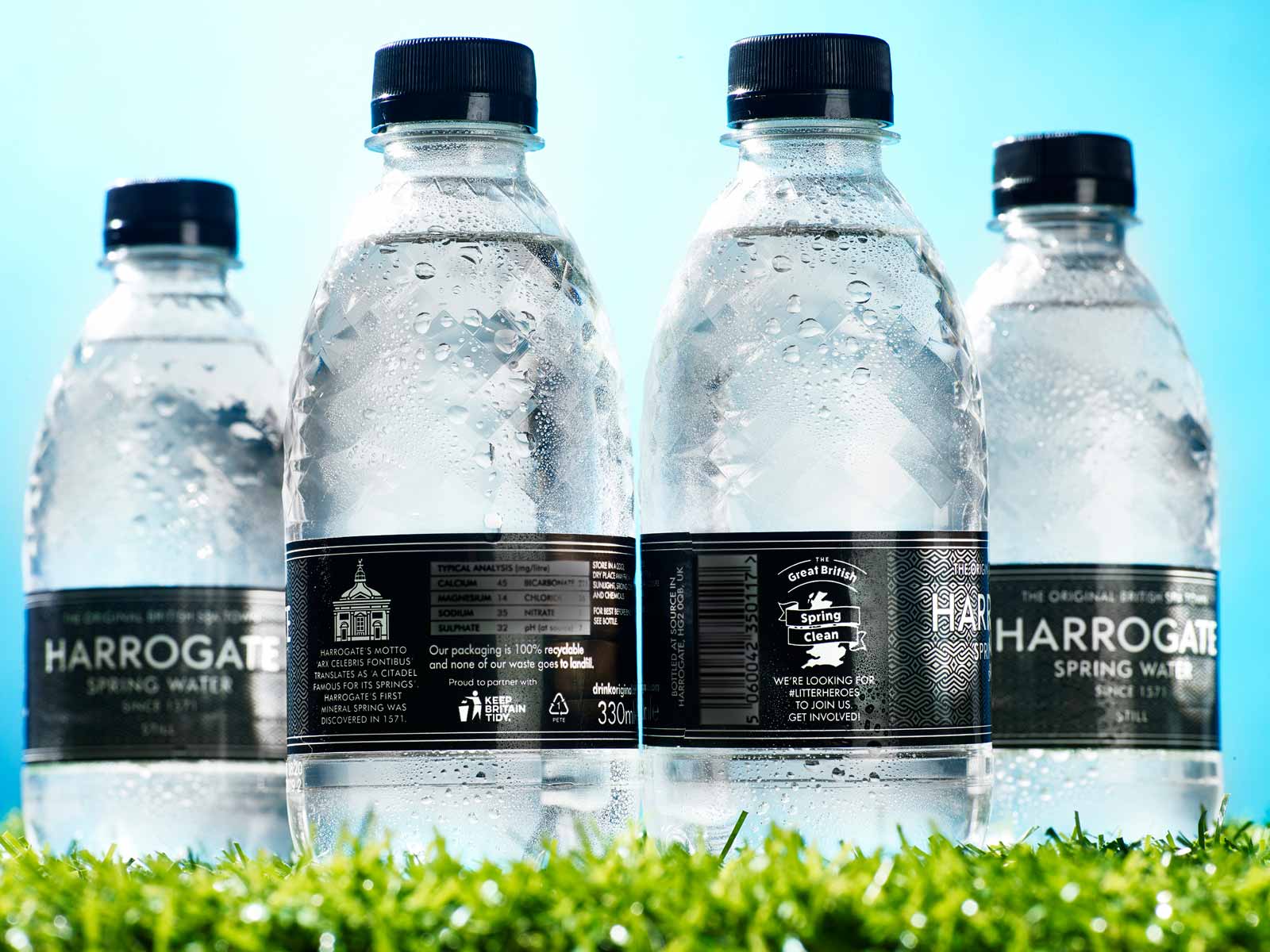
James Cain said:
It was a constructive meeting with Sir John and an opportunity to balance the debate on plastic. Bottled water is the healthiest drink on the shelf and evidence suggests that, even when tap water is available, many consumers prefer natural source bottled water because of its taste and provenance. People who choose bottled water see it as an alternative to unhealthy sugary drinks, not tap water. This is the crux of the issue. Demonising PET plastic and demonising water, the healthiest option, will undoubtedly lead to more unhealthy choices being made.
The CEO told Sir John he worried that referring to plastic water bottles as ‘single-use’ was confusing for consumers, wrongly implying they could not be recycled, when in fact PET plastic water bottles were among the best examples of easily-recyclable plastic available. Plastic water bottles accounted for less than 20 per cent of discarded bottles and less than half a per cent of UK litter in total. Focusing on them disproportionately risked misleading the public, masking the need to tackle the abundance of difficult-to-recycle plastics and non-recyclable packaging.
James Cain said:
A plastic water bottle is not ‘single use’. Just like a glass bottle or aluminium can, it can be recycled almost infinitely, going on to become another bottle and achieving a truly circular economy, removing the need for virgin material. PET plastic is also the greenest packaging solution currently available, using less energy and producing fewer greenhouse gas (GHG) emissions than alternative packaging solutions.
The problem is not the bottle, it is the lack of collection and street recycling facilities when on-the-go and an absence of clear and consistent messaging. Evidence from around the world suggests that deposit return schemes can greatly improve recycling rates but there is much more we can do here and now around messaging that bottles are not ‘single use’ and can be recycled again and again.
Harrogate is among many towns in the UK with mineral springs of great historic, cultural and economic importance. Natural source water has blossomed into a significant sector of the UK soft drinks market. Sales of bottled water represent 19 per cent market share, worth £2.4 billion to the economy (including imported bottled water).
Harrogate Water is the largest independent family-owned producer of natural sourced bottled water in Britain. The first mineral spring was discovered in Harrogate in 1571 by Queen Elizabeth’s physician who recommended the water for its medicinal properties. The town became the first British Spa town and attracted wealthy visitors from around the world, including members of the Russian royal family. Harrogate Water was first bottled in 1740, making it the original bottled water.

